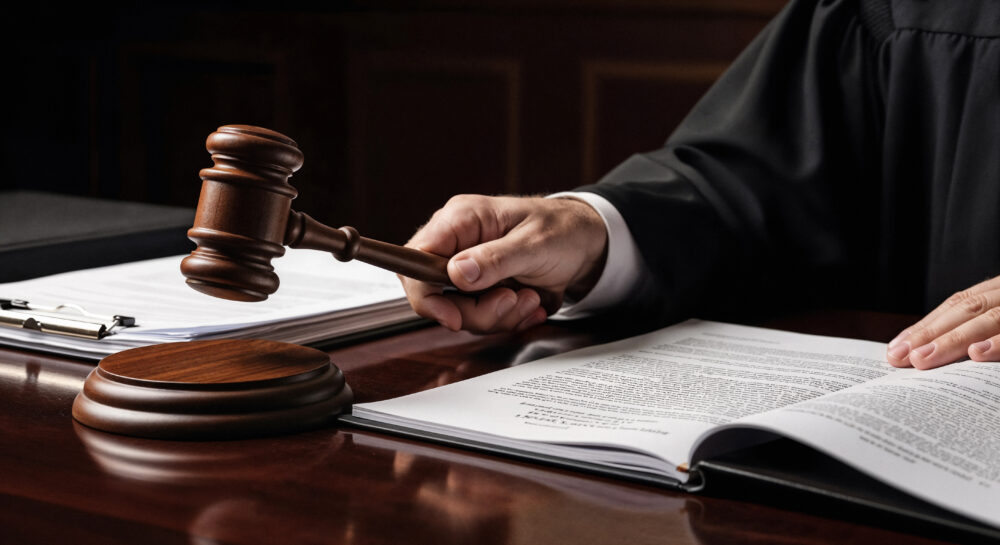The HS code system is a crucial basis for classifying imported and exported goods, directly impacting tax calculations, and the application of management and inspection measures for imported goods. However, in practice, disputes may arise between businesses and customs authorities regarding the classification of goods’ HS codes. When a dispute over HS codes occurs, understanding the procedures for resolution is vital to protecting the legitimate interests of businesses. The following article clarifies the procedures for handling disputes over HS codes between businesses and Vietnamese customs authorities.
1. The importance of HS codes in customs management
The HS code is a goods classification code under the international Harmonized System developed by the World Customs Organization (WCO). This code identifies the type of goods and serves as the basis for calculating taxes, collecting fees, and applying inspection and supervision measures during import and export.
Customs authorities use HS codes to calculate import duties, special consumption taxes, value-added tax (VAT), and apply regulations on the origin of goods, quotas, quality inspections, and other trade protection measures. Therefore, the correct classification of HS codes for goods is of utmost importance for import and export businesses.
2. Causes of disputes regarding HS codes
Disputes over HS codes often arise when:
- There are differences in the classification of goods: Customs authorities and businesses may interpret and apply the regulations on goods classification differently.
- Goods are complex in nature: Some types of goods have unclear characteristics or are diverse in nature, making it difficult to classify the HS code.
- Legal regulations change: Changes in circulars and decrees of state authorities regarding goods classification can lead to inconsistencies in classification methods.
- Businesses do not provide sufficient documents: Lack of necessary documents to prove the nature of the goods can also be a cause of disputes.
3. Procedures for resolving disputes regarding HS codes
When a dispute arises over the HS code of goods, businesses can take the following steps to resolve the dispute legally and effectively.
Step 1: Requesting sample separation for reassessment of HS Code
During customs inspection, customs authorities determine the goods code based on customs records, the results of physical inspection of the goods, or the results of analysis and assessment of the goods. In case of disagreement with the customs authorities’ inspection conclusions regarding the goods’ name, code, origin, weight, type, quality, or customs value, the declarant may file a complaint or choose an inspection agency or organization to conduct the goods inspection in accordance with the law.
Based on the results of the analysis and assessment of the goods code, the business may request the customs authority to reconsider its decision. If the customs authority disagrees with the results of the analysis and assessment carried out by the business itself, the business may carry out the complaint or lawsuit procedures according to the steps below.
Step 2: Filing the first-level complaint
When there is a disagreement on the HS code, the business should first send a complaint to the customs authority where the customs clearance procedures for the shipment are being carried out. The content of the complaint must be clear, presenting in detail the reasons why the business disagrees with the HS code classified by the customs authority, and providing supporting documents and evidence for its request (e.g., contract, shipping documents, product catalog, certificate of origin, etc.).
The statute of limitations for filing a complaint is 90 days from the date the business receives the customs authority’s decision on the determination of the HS code.
According to the law, the time limit for the customs authority to resolve the first-level complaint is no more than 30 days from the date of acceptance; for complex cases, the time limit for resolution may be extended but not exceeding 45 days from the date of acceptance.
Step 3: Filing the second-level complaint
If the business still disagrees with the result of the first-level complaint resolution, it may file a second-level complaint to the superior authority of the agency that resolved the first-level complaint.
The time limit for resolving the second-level complaint is no more than 45 days from the date of acceptance; for complex cases, the time limit for resolving the complaint may be extended but not exceeding 60 days from the date of acceptance.
Step 4: Filing a lawsuit with the court
If, after the second-level complaint, the business still disagrees with the decision of the customs authority or does not receive a satisfactory resolution, the business may file an administrative lawsuit in court. The statute of limitations for filing a lawsuit is 01 year from the date the business receives the final result of the second-level complaint resolution.
When filing a lawsuit, the business needs to prepare sufficient records and documents proving that its request is reasonable and has a solid legal basis.
4. Some notes when resolving disputes regarding HS codes
- Preparing sufficient documents: Businesses need to provide sufficient documents supporting their requests, such as contracts, invoices, certificates of origin, product catalogs, etc.
- Monitoring and understanding legal regulations: Understanding the legal regulations related to HS codes helps businesses be more proactive in classifying goods.
- Consulting with experts: If unsure about the HS code, businesses can consult with goods classification experts or independent inspection organizations, or hire a consulting unit to assist throughout the process of working with customs authorities or the court.
See more:
1/ Which disputes can be resolved by commercial arbitration?
3/ Some notable measures to handle intellectual property disputes
Disclaimers:
This article is for general information purposes only and is not intended to provide any legal advice for any particular case. The legal provisions referenced in the content are in effect at the time of publication but may have expired at the time you read the content. We therefore advise that you always consult a professional consultant before applying any content.
For issues related to the content or intellectual property rights of the article, please email cs@apolatlegal.vn.
Apolat Legal is a law firm in Vietnam with experience and capacity to provide consulting services related to Dispute Resolution and contact our team of lawyers in Vietnam via email info@apolatlegal.com.





































